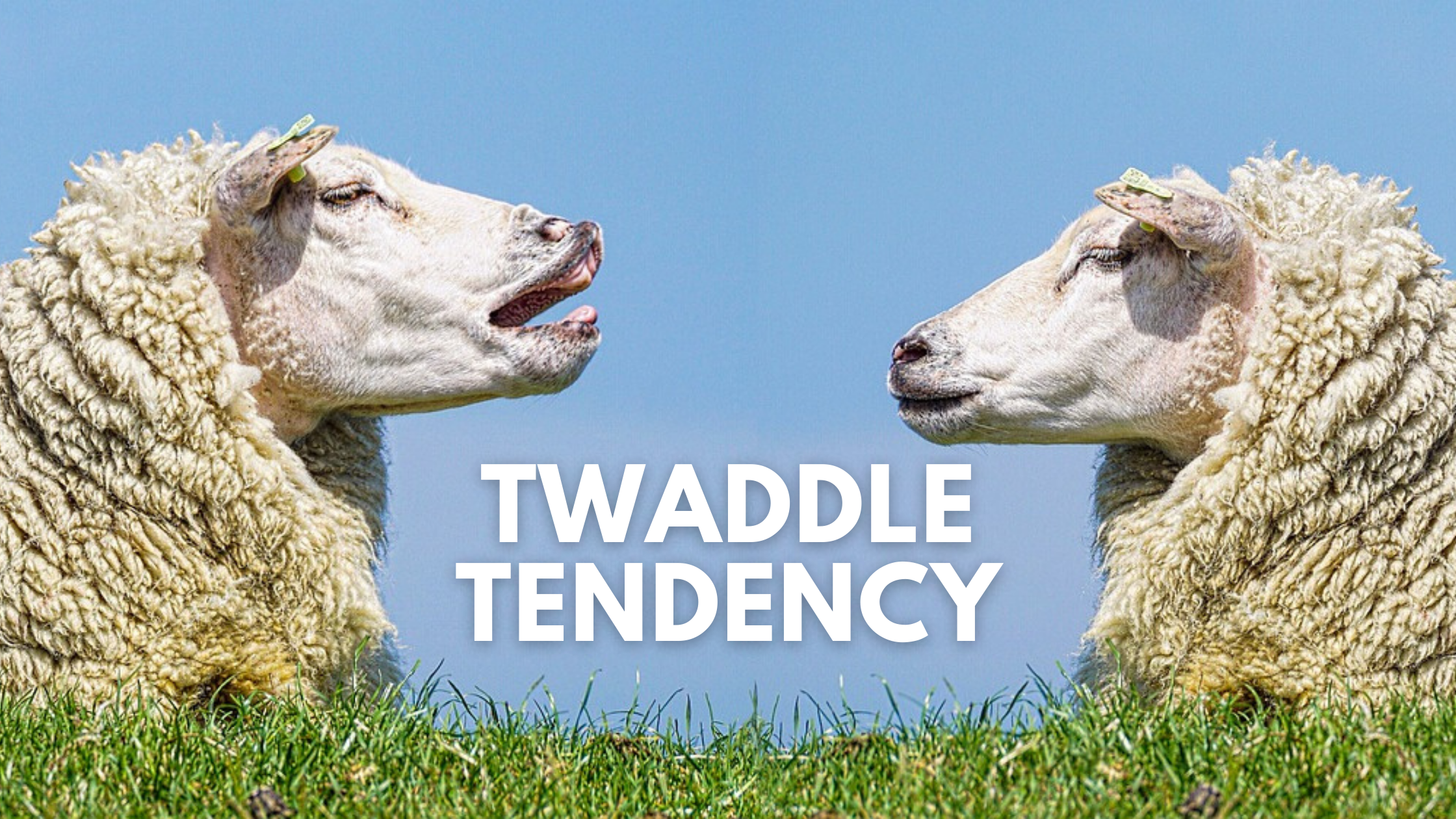How the Twaddle Tendency is a Verbal Smokescreen

The twaddle tendency is the need to speak confidently on something we don’t know enough about. The talk that comes from the twaddle tendency never adds value or unique input. It’s typically a rote repetition of facts, lines they’ve heard somewhere else, or a jumbled grouping of authoritative-sounding words. Despite your attempt to look confident, people who do know about the topic will see through what you’re saying.
“If you have nothing to say, say nothing”
– Mark Twain
Most of us have been guilty of this at some point or another. It’s like there’s some evolutionary need for us to do it. What the twaddle tendency should teach us is when to say you don’t know. In most cases, people will respect this answer and not judge your lack of knowledge on the subject. And when people expect you to have the answers, it looks much worse to give a non-answer and try to sound confident on the subject.
Knowing this is a tendency almost everyone has, you should know how to tell the difference between twaddle and real knowledge. Even when you don’t know much about the subject yourself, you can still identify common verbal tactics used to make someone sound knowledgeable or deflect from the fact they don’t know what they’re talking about.
Here’s a list of “twaddle tactics”:
- Anecdotes
- Excessive jargon
- Inconsistent answers
- Deflection
- Redirection
The next time you turn on the news or hear someone talk about a subject, listen for these tactics. You might be surprised to find out prevalent twaddle is, even in settings where the person is meant to be the authority on a subject.
Control your inner twaddle
Much of the time, we use this kind of talk with ourselves. It’s an inner dialogue with one purpose, to fool us into thinking we know more about something than we really do. This kind of self-talk makes it harder to understand our strengths and where we can improve. But understanding the twaddle tendency should make you more conscious of when you’re telling yourself useless collections of words and when you actually have a layered knowledge on a subject.
If you think about the situations when twaddle is most likely to come up, a lot of it comes down to the expectations we put on others and the expectations we put on ourselves. For example, in academic environments, people are forced to write their findings in an intelligent-sounding and drawn-out way. This could be due to the desire to maintain a prestigious image of the organization, the need to secure funding, or dress up simple ideas to make them sound more interesting.
If we want less twaddle in the world, and I think everyone agrees there should be less, we have to reevaluate our expectations of what knowledge sounds like, both in other people and with ourselves. But the good news is that you’re already one step in the right direction. The only way to overcome cognitive biases is to become conscious of them.

Recent Comments